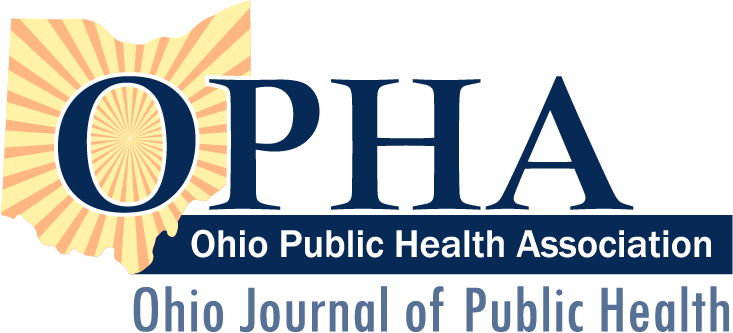Rethinking Maternal Mental Health Solutions: Addressing Racial Disparities in Ohio and Beyond
Abstract
The maternal mental health (MMH) crisis in Ohio reflects broader national inequities, with significant racial disparities in postpartum depression, anxiety, substance use, and maternal mortality. Black, Hispanic, and other marginalized communities disproportionately experience postpartum depression and anxiety (PPD/A) due to structural racism, provider bias, and social determinants of health, while White women tend to be more affected by substance use disorder (SUD) and overdose-related maternal deaths. Despite recent policy efforts, such as House Concurrent Resolution 12 (HCR 12), Ohio's approach to MMH remains inadequate in addressing MMH and these disparities. This commentary examines the systemic drivers of MMH inequities in Ohio, highlights evidence-based strategies from other states, and calls for policy solutions that are comprehensive, data-driven, and equity-focused. Without targeted interventions, such as culturally tailored mental health care, integrated substance use and perinatal services, and expanded community-based programs, Ohio risks failing all mothers and perpetuating existing disparities. By adopting best practices from states with more effective MMH policies, as well as building on promising local efforts, Ohio has the opportunity to lead in developing equitable, actionable reforms that improve MMH outcomes across its diverse populations.
Keywords: Infant health, Maternal mental health, Structural racism, Health equity, Health disparities, Maternal mortality
How to Cite:
Akhter, A., Rubin, S., Takyi-Micah, N. & Zabala, A., (2025) “Rethinking Maternal Mental Health Solutions: Addressing Racial Disparities in Ohio and Beyond”, Ohio Journal of Public Health 7(2), 1-6. doi: https://doi.org/10.18061/ojph.6413
Downloads
Download PDF
View
PDF

